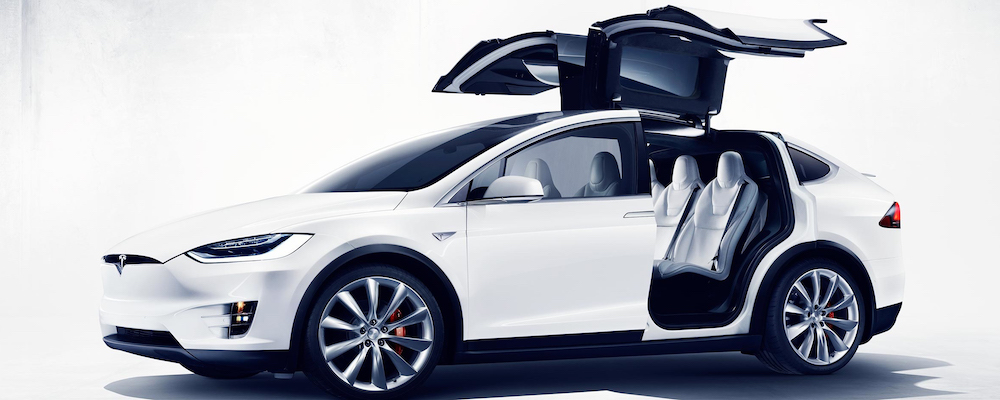Study Reveals Electric Car Owners Will Pay More Tax

Consumer Reports cites green taxes lower than gasoline-powered cars
Consumer Reports revealed that state-imposed fees on electric vehicles would be far more punitive on those drivers than those using more conventional transportation.
States looking to recover the costs of lost revenue associated with gasoline usage are considering fees on electric vehicles as an alternative revenue stream. It could be a lucrative bonanza for the legislators, although the report says that by 2025, electric vehicle owners would wind up paying more than four times more than if they were charged with a gasoline tax. That’s also on top of the registrations fees that owners of hybrids and totally electric cars already pay to help states subsidize road maintenance and repairs as well as other transportation infrastructure.
More than half the states in the U.S. are proposing a hike to current electric vehicle taxes, which would also affect the car rental industry and would likely be passed onto the consumer. In a test case, Consumer Reports singled out the state of Missouri, which already charges electric vehicles three times the rate of their gasoline equivalents. By 2025, that comparison is slated to wide by four times the gas rate.
Car rental companies pay roughly 17 cents per gallon on a gasoline tax in Missouri, although electric cars in their fleet are exempt from such a tax. Instead, an alternative fuel decal is issued to owners of a completely electric vehicle for a mandatory fee of $75 plus a $6 processing fee (hybrid fees are relatively half the amount). In 2017, a decal for electric vehicles was only $24.
“Obviously, electric vehicles have no consumption that is taxable that makes its way to the Transportation Department,” said Missouri Senator Gary Romine to Consumer Reports about the hikes. “These fees would be a way for electric car owners to pay their fair share for maintaining the roads and bridges in the state. We’re not trying to penalize the electric car owner.”
The study assessed current and future increases in Missouri to be at 221 percent, the highest hike in the country. But other states had higher fees imposed, such as Illinois which originally proposed a feel of $1,000, but hastily rolled it back to $250 after a major public backlash.
For casual drivers and short-distance commuters, the increases will still be a major hit. However, car rentals, depending on the mileage of their internal combustion fleet, currently end up paying greater taxes on gasoline than their greener counterparts, simply because the latter vehicles aren’t as predominant on their lots. In fact, greener wheels only accounted for slightly more than two percent of all new car sales, such as the popular Tesla Model S, in 2018.
But as more alternative-fueled cars take to the pavement in the coming years, expect the taxation strategies to change to stay on top of the shift.